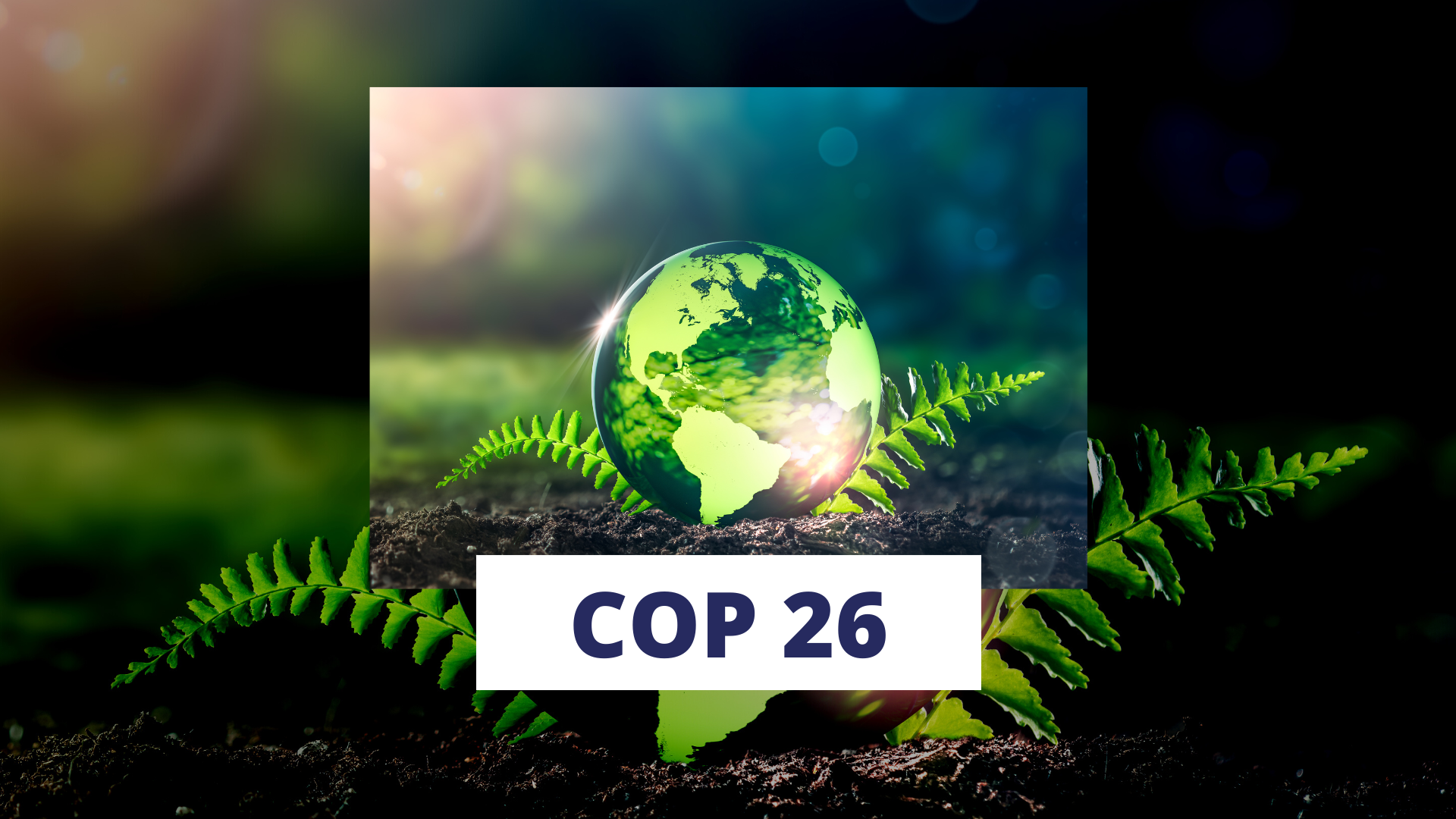After two weeks of intense negotiations, COP26 concluded in Glasgow on Saturday with nearly 200 countries reaching consensus on the Glasgow Climate Pact, keeping the limit of a 1.5C increase in global warming in sight.
Key commitments from COP26 include:
- Countries to republish their climate action plans with more ambitious emissions reduction targets for 2030, by the end of next year.
- Developed countries to increase the money they give to those countries already suffering the effects of climate change and deliver the current $100bn per year target.
- Agreement for the first time on a position of phasing down unabated coal power, coal-burning which is carried out without some form of carbon capture and storage, as well as ending international coal financing. Although, seen as a big achievement, there is disappointment that this was watered down from “phase out” to “phase down”..
- The two biggest contributors to global warming, the US and China, pledged to boost climate cooperation over the next decade across a range of issues including methane emissions, the transition to clean energy, and de-carbonisation.
- Leaders from more than 100 world countries, representing about 85% of the world's forests, promised to stop deforestation by 2030.
- More than 100 countries agreed to a scheme to cut 30% of current methane emissions by 2030.
UKUPC collaboration
Over the past two weeks, the eight consortia making up UKUPC (UK Universities Purchasing Consortia) have worked together to bring you a summary of COP26 each day, as well as highlighting our members’ activity in response to the climate emergency. It is clear that responsible procurement practices across the Higher Education sector can help to minimise the impact of the sector’s role on the environment and keep the 1.5C goal alive.
Read all the UKUPC COP26 news posts of the past fortnight, including details of some members of the COP26 Universities Network activity, here.



